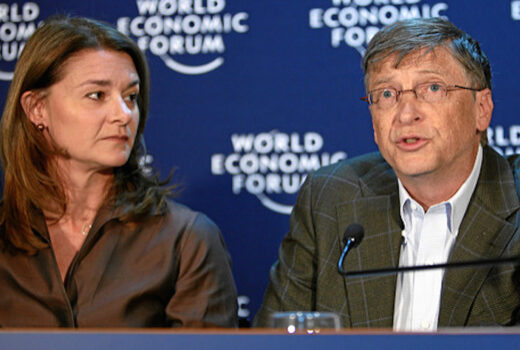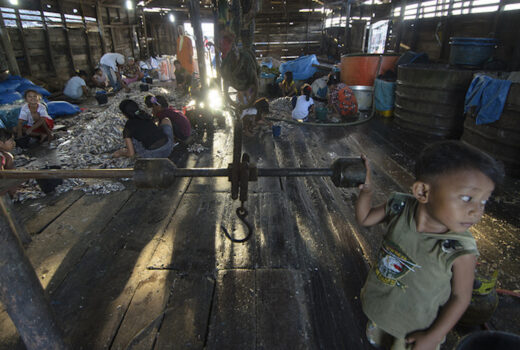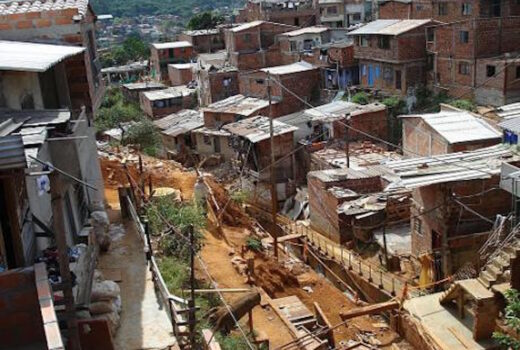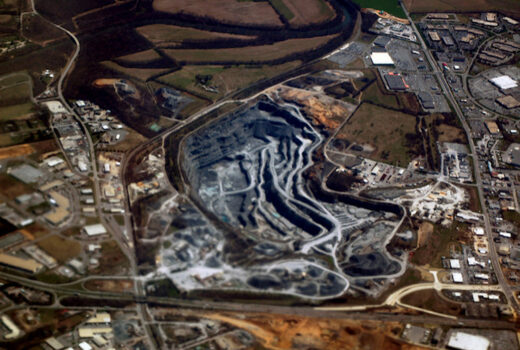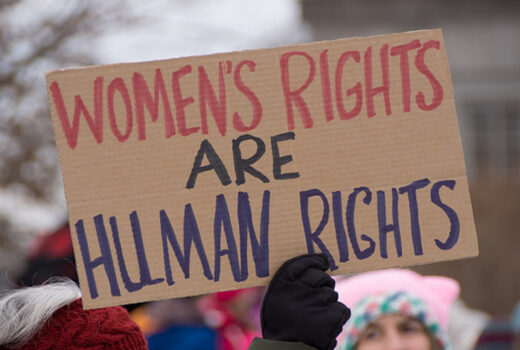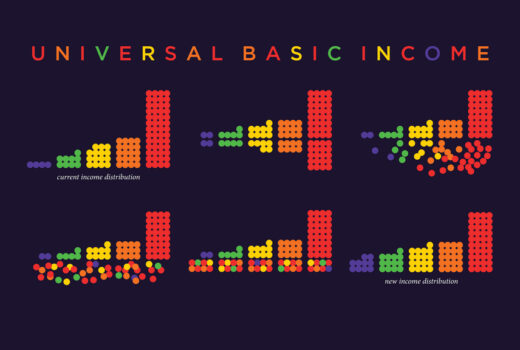Topic: Inequality
New study: How did we do that? The possibility of rapid transition
Report / 3rd May 2017A new study by the ESRC STEPS Centre at Sussex University and the New Weather Institute points to historical evidence that the sort of rapid, large scale social and economic change needed in the face of climate destabilisation has occurred before and could do so again.
Gates Foundation’s rose-coloured world view not supported by evidence
Article / 21st April 2017For all its candor and color, here is what the annual Gates letter doesn’t tell you: that our global economic system is designed in such a way as to channel our planet’s wealth into the hands of a tiny elite. And changing that system at its root would require those with power to dismantle the very machine that created their privilege, writes Martin Kirk and Jason Hickel.
The commons of humanity
Report / 12th April 2017We are unable to seriously envision a new economic paradigm for managing the earth’s shared resources, unless we first contemplate the need for a psychosocial transformation across the world, whereby the awareness of the average person is expanded to embrace the common good of humanity as a whole.
Seven ways to think like a 21st century economist
Article / 8th April 2017It’s time to write a new economic story fit for this century – one that sees the economy’s dependence upon society and the living world, writes Kate Raworth for openDemocracy’s Transformation.
Social justice for the sustainability of life: on the need for a global social pact
Article / 24th March 2017We now need transformative policies able to open a new horizon, without poverty, with less inequality, without destroying our natural environment. Our new situation requires an urgent reflection on power relations and concrete alternatives, central to which is the reconceptualisation of social protection in terms of commons.
Corporate influence on the G20
Report / 24th March 2017Take a closer look behind the flowery language, and it reveals that corporate influence on the G20 discourse entails considerable risks and side-effects. It's time to the imbalances in G20 policies, and the double standards in its openness towards business and civil society - for which substantial reforms are necessary. A new report by Jens Marten for Heinrich Böll Stiftung and Global Policy Forum.
The five poverties of inequality
Article / 22nd March 2017Despite billions spent in official aid to fight poverty, the number of poor people in the world is not diminishing. And Latin America remains the most unequal region in the world, writes Carlos March for openDemocracy.
The decoupling delusion: rethinking growth and sustainability
Article / 21st March 2017Most economic policy around the world is driven by the goal of maximising economic growth, but if you think we have limitless solar energy to fuel limitless clean, green growth—think again. Rather than fighting and exploiting the environment, we need to recognise alternative measures of progress for a sustainable future in which equity considerations are primary. A co-authored case for a new economics, by James Ward, Keri Chiveralls, Lorenzo Fioramonti, Paul Sutton and Robert Costanza.
Women rights without borders: Combatting inequalities within and among countries is key to women’s empowerment
Report / 16th March 2017Women’s rights advocates have for years pointed out the negative impacts of inequalities on women’s human rights, on economies and on societies. Many organisations are not only analysing the cross-border impacts of domestic policy, but also showing the universality of human rights - to ensure that women’s rights know no borders. A new report by Barbara Adams and Karen Judd of Global Policy Watch.
Basic income isn’t just a nice idea. It’s a birthright
Article / 8th March 2017With the rise of robots, the old promise of jobs as the salvation of the poor now looks hollow. The most hopeful response is a universal basic income which, if extended across borders through a global system of redistributive taxation, could instil a new sense of solidarity: that the earth’s natural bounty belongs to us all, writes Jason Hickel.

